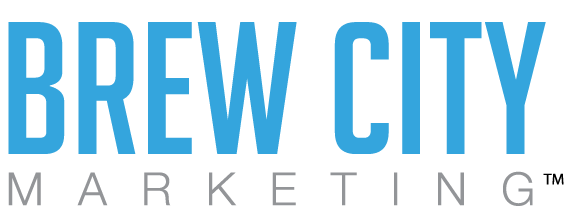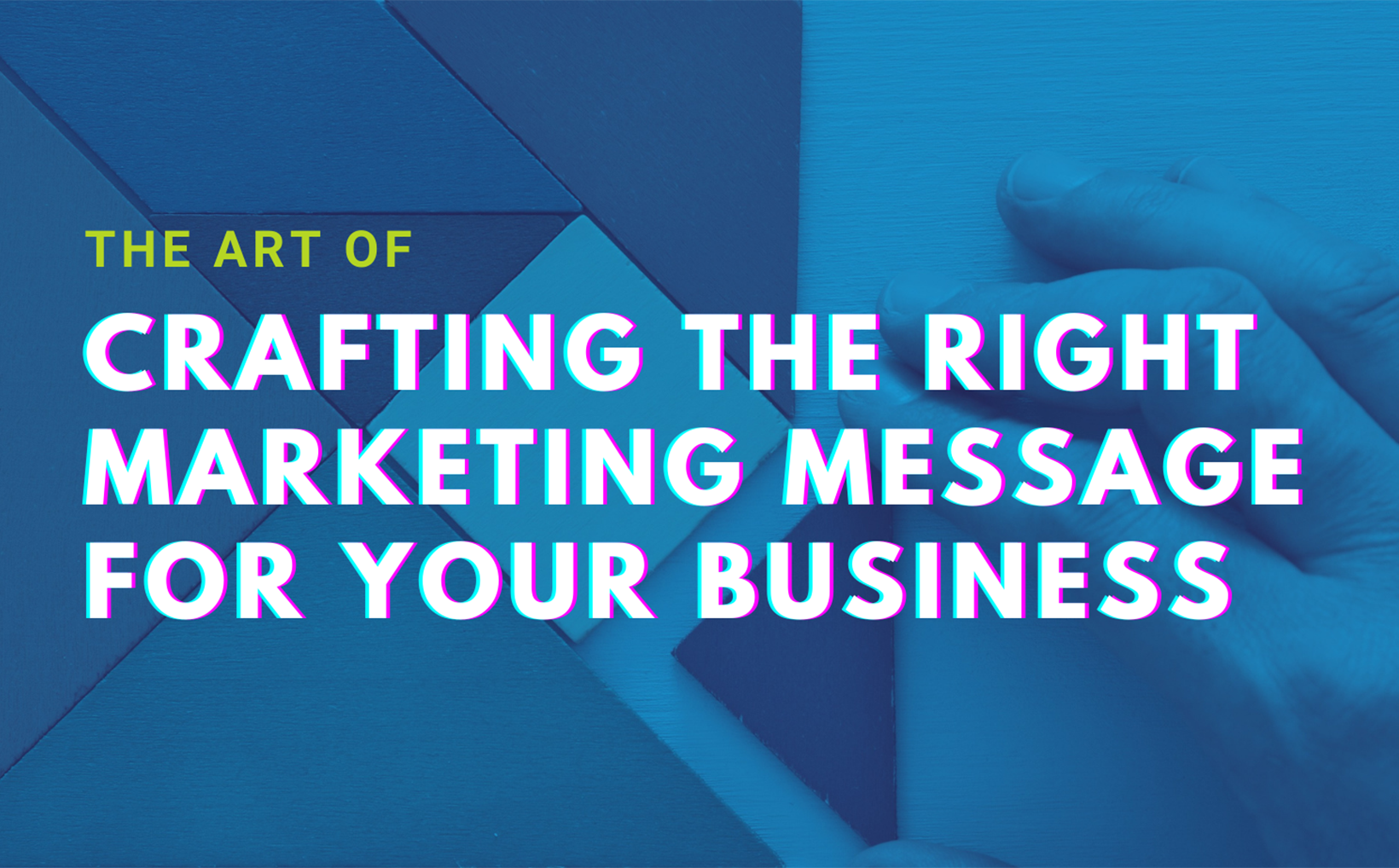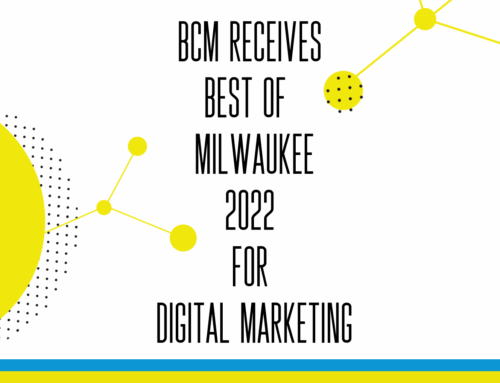Successful small businesses know how to communicate the true value of their product or service. They excel at differentiating themselves with offers that are truly unique. By definition, differentiation is the desirable, exclusive benefit(s) that sets a business apart from the competition. And it’s critical to successful marketing.
However, some business owners I’ve met struggle with this all-important aspect of small business marketing. I understand why. They’re so close to their product or service that it’s difficult to articulate a clear, compelling advantage in their digital marketing, advertising, social media, etc. Some owners even consider it bragging.
Because standing out in a crowded marketplace is crucial, this post shares tips on how to differentiate your company. We’re going to break it down into actionable techniques. After reading this blog post, you’ll be able to communicate why a prospect should choose you over your competitors.
Vital Questions About Your Marketing Message
Just about every important marketing decision you make will begin with a definition of your target market. Having a rock-solid understanding of your target customers and their pain points will make answering these vital questions a breeze.
Start by answering this question: what void in the marketplace do you fill? Your goal is to discover what’s missing.
Look at your product or service offering from the customer’s perspective. Is it complete? Does it offer all the benefits that consumers desire? Are there gaps in how customers are treated after the sale? What do people hate about your industry that you can fix? What can you do better, faster or more reliably than anyone else?
Customers will compare your product with your competitors. You need to do the same, focusing on your primary competitors. Be as objective as possible.
Try this fill-in-the-blank exercise. Unlike other companies, we offer / provide / deliver: _________
The goal is to uncover what is truly unique. Identify the value that consumers can’t get elsewhere. If there is something proprietary about your product or service offering, use it to your advantage. Shout it from the rooftops.
Take inspiration from Colonel Sanders. He knows the significance of keeping his herbs and spices a secret! The KFC brand has been around for decades and the exact recipe is still a secret because it works. According to Dan Myers, “…you have to admit: Keeping the recipe a trade secret is some seriously good marketing.”
Make A List
The marketing experts at Brew City Marketing coach their clients to leverage list-making. Make a list of everything you do for customer service. Include even the smallest things that you assume everyone should know are included.
Amanda Dalnodar: “I asked a roofer that was having trouble coming up with marketing messages to recount everything they do on the job site from beginning to end. I identified things we could list out such as cleaning up the job site before they leave each day. It seemed really obvious to him, but if their competition isn’t listing it out, it may be a differentiating factor to prospects checking out the marketplace.”
You’ve Figured Out What To Say, What’s Next?
Focus on communicating customer benefits, not product features. This has been a foundation of advertising for decades. Why? Because it’s proven to work.
We’re talking about the benefit that will drive prospects to choose your business over your competitors. Most customers don’t care about features, they want to know what’s in it for them. Bottom line, they expect to receive a product or service that solves a problem.
For example, homeowners want their lawn to be attractive and easy to maintain. And when it comes to mowing their grass, they’re usually less concerned with the nitty-gritty details of a lawn mower engine (features). They want to know if it’s going to be easy to operate and keep their lawn looking good (benefits).
Amateur golfers like me don’t buy golf balls because of what’s inside the ball (feature). We buy the ones that promise to go farther and straighter (benefit)!
Be crystal clear about what the customer gets in exchange for doing business with you. Don’t confuse them or try to impress them with jargon. You know when you’ve achieved clarity when someone with no experience with your product understands your offer. I encourage clients to test the clarity of their marketing messages, continually refining them until they discover what works.
Customer Journey
The job of marketing is to communicate to consumers based on where they are in their buying journey. That means your marketing has to communicate at different levels of customer interest in your product. In other words, not everyone wants to buy your product right now. Think of customers going through different stages of a cycle, eventually reaching a purchase decision.
Great marketing provides “awareness” messaging. This is the short version of your marketing message. It’s specifically designed for marketing platforms such as social media and paid Google ads. Google ads are very effective because they’re placed where consumers search.
You’ll use longer versions of your marketing message on your website and blog. Customers that spend time on your website or read your blog posts are likely further along in their journey. That’s a good signal that they’re getting ready to buy and want to know more about your offering.
For customers that are ready to buy, you need to provide proof you can deliver on your claims. Do that with testimonials, online reviews and case studies. You can also offer a guarantee that takes away their risk, helping them feel comfortable with trying your product.
Conclusion
No two businesses are the same. Effectively communicating what differentiates yours from the competitors is vital to success. Marketing message development has to include differentiation. Without it, a product or service is simply a commodity, which puts negative pressure on your price strategy.








